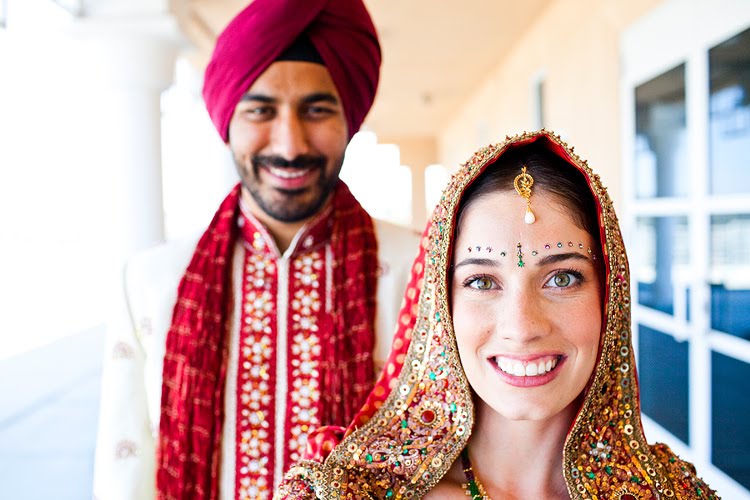How to manage differences in intercultural marriages
Four primary strategies can be used to manage the differences found in intercultural marriages:
– Create a “we”—Reconstruct a shared meaning in your relationship based on friendship, common ground, similar goals, working together, and commitment.
– Frame differences—Don’t look at differences as racial or cultural, but with respect and as attractive, worth learning about and celebrating.
– Maintain emotions—Communicate and deal with insecurities and emotions, make adjustments around culture, and find support from those who will be positive and helpful.
– Foster relationships with your family and community—Establish boundaries with family and community, express the solidarity of your marriage, use humor to decrease the impact of prejudice and discrimination, and give family or community members time and space to accept your partner.
Managing Different Belief Systems
The following strategies are recommended to help couples with different belief systems:
– Communication skills—This is the most important task in creating a successful marriage for both couples of same and different faiths. Research has shown that open communication about one’s culture and faith, as well as partner support for the other’s culture and faith, were related to lower relationship distress.
– A strong, cohesive relationship bond—This is a strong predictor of marital success;
– Respect and tolerance for differences—Love comes first. This strategy is designed to maintain separate and unique beliefs with the understanding that it isn’t acceptable to deny someone’s identity.
– Flexibly connecting with the two systems while also keeping them separate—Find common elements of belief and practice. This strategy requires that the couple negotiate the meanings of their religious practices to build understanding and connection. They cross religious boundaries and celebrate both faiths.
– Reconstructing new rituals, traditions, and symbols of faith and identity of your blended systems—These couples oblige their families through the disestablishment and often domestication of religion so that their new form of blended faith accommodates their faith needs without offending anyone in the family.
Managing Conflict and Stress
These strengths-based strategies were found to diminish the intensity of conflict and stress for intercultural couples:
– Gender role flexibility—Couples talk about cultural expectations regarding household duties and are able to negotiate how the responsibilities will be assigned for their relationship.
– Humor about differences—Laughter lightens potentially stressful situations.
– Cultural deference or a tendency to defer to the partner’s cultural preferences—One partner purposely chooses to assume the other’s culture to a large degree to accommodate their differences.
– Recognition of similarities in beliefs, values, traditions, etc.—Couples emphasize sameness or common threads in their relationship.
– Cultural reframing—Couples redefine their couple identity with a new framework or set of values.
– General appreciation for other cultures—Couples notice, value, and respect advantages of each other’s cultures.
Lastly, while marrying someone from a different culture or religion can provide some unique challenges, it can also provide some beautiful and enriching growing opportunities. If you are considering an intercultural marriage, you might find it helpful to use a chart to monitor your use of some specific strategies that can strengthen your marriage.



